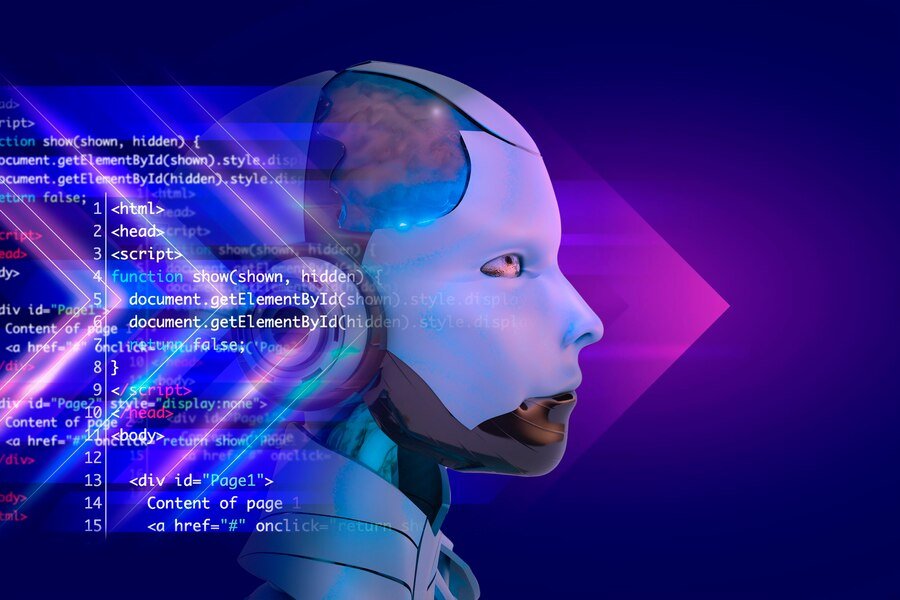Generative AI’s introduction in the market has significantly transformed the IT landscape in less than two years. Many organisations realising its immense potential are taking initiatives to rapidly incorporate Gen AI tools into their IT stack to boost productivity and efficiency. In fact, as per a report from Capgemini titled, “The art of software,” seven in 10 organisations are planning to use Gen AI for their software engineering purpose in the near future.
Furthermore, 30% of organisations are experimenting with Generative AI for software engineering. Startups and enterprises developing tools in the AI coding assistant field are witnessing a huge uptick in their user base. This growth is primarily driven due to the fact that AI coding assistants have started to play an integral role in the software development lifecycle.
In fact, developers utilising AI Coding Assistant software have seen positive changes in their development lifecycle, claiming they can perform their tasks 55% faster by incorporating them. However, the grass isn’t always greener on the other side.
While Coding Assistants enable developers to improve their productivity and allow them to work on complex & impactful tasks, there are inherent risks associated with these tools. In a survey conducted by Salesforce, 79% believe that Generative AI and its related tools pose a higher chance of introducing security risks.
Generative AI produces human-like output based on the data it has been fed. Moreover, as these AI tools are primarily trained using human-like code, their output often comprises the same issues as human-created code, making them highly vulnerable to malicious actors.
That’s why it is critical for organisations to use tools such as Sonar to maintain the quality of their code while addressing hidden vulnerabilities without impacting productivity and development time.
Why Sonar?
Sonar consists of solutions such as SonarQube and SonarCloud that are integrated into the DevOps workflow along with SonarLint in the Integrated Development Environment (IDE). These stacks of tools empower developers to unleash the full capabilities of their AI-generated code that is reliable, scalable, and intentional.
Sonar empowers development teams to minimise code vulnerabilities, ensure consistent and higher code quality and derive more value from their code, irrespective of whether it is being created by humans or AI in a predictable and sustainable manner.
How Sonar Assures Code Quality?
- Sonar addresses code quality challenges unique to your environment that arise due to a combination of AI and human-generated code.
- Sonar scans the code in the IDE and goes beyond detecting errors and vulnerabilities to the more deeply layered issues often hidden from human and AI coding assistants.
- It enables developers to rectify any code issues present in the IDE before the code is committed and inside the DevOps workflow, preventing issues from further spreading in the pipeline.
- Offering static code analysis along with thousands of pre-defined rules over 30 programming languages, Sonar can scan and detect potential bugs, security vulnerabilities and identify the absence of best coding practices.
- With built-in review workflows and in-depth reports, Sonar lets developers thoroughly assess their code, get actionable insights and seamlessly collaborate with teams to review the findings.
- Sonar features strong Quality Gates that enforce pre-defined code quality across the development workflow and ensure production-ready code can be pushed further down the pipeline.
Key Benefits of Implementing Sonar
Sonar’s Solutions are built on the methodology of “Clean as You Code.” This ensures the highest standard of code quality is adhered and maintained across the pipeline for both AI-generated and human-written code. It offers benefits such as –
Faster Development Time – Sonar’s quality check ensures you can accelerate your development cycles by addressing AI coding concerns in the DevOps workflow to deliver faster time-to-market.
Higher Productivity – Sonar ensures that AI-generated code adheres to high standards before pushing it for the building and testing phase. This reduces time to debug and rework, ensuring efficient development and top-notch end products.
AI code assurance – Sonar’s code review capabilities offer assurance when incorporating the AI-generated code in the codebase. It rigorously analyses and reviews code to detect, identify and mitigate potential issues before they become a major concern.
The Bottom Line
The rise and growth of AI coding assistants will continue to flourish in the coming years. However, utilising them without understanding their percussion can have a detrimental impact on software development lifecycle.
By implementing quality assurance tools like Sonar, organisations can improve their productivity, reduce vulnerabilities in their codebase, deliver products at a higher velocity, and stay ahead of their competitors.
If you are interested in learning more about Sonar and its exceptional capabilities, check enreap’s Sonar Consulting Services and start your journey to make faster and better software products!

